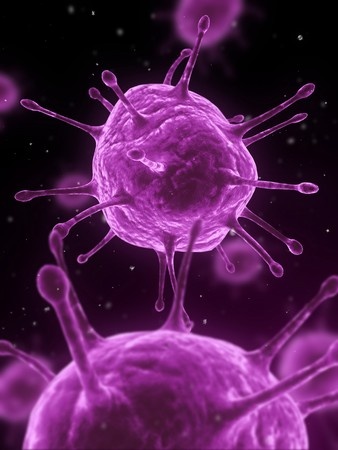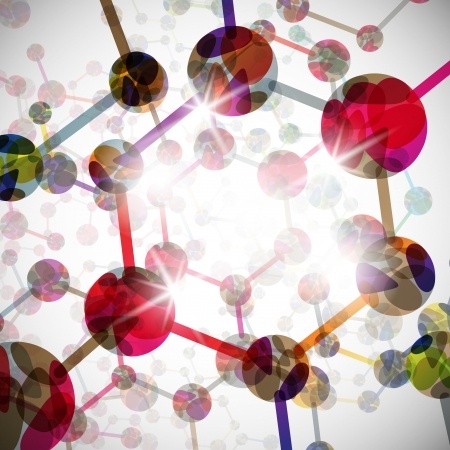Long-distance songbirds, mutations, green house gases, cause of lightning, and organic molecules in deep space – cool stuff to fascinate your science students. This eclectic collection of current science news stories is brought to you by STAOBlog.
SciNews is published every Monday and Thursday. Stay tuned for more.
 Biology
Biology
News Brief: Tiny songbird is mega-flier. Science News for Students
Every autumn, the blackpoll warbler (Setophaga striata) flies south from Canada or New England. And it doesn’t stop until it lands, three days later, on the northern coast of South America, a new study finds. That’s a distance of up to 2,770 kilometers (or 1,721 miles). By any stretch, that’s quite a feat for a bird that weighs a mere 12 grams — or just a little more than two U.S. quarters. Read More…
Hidden burden: Most people carry recessive disease mutations. Science Daily
Humans carry an average of one to two mutations per person that can cause severe genetic disorders or prenatal death when two copies of the same mutation are inherited, according to new estimates. The new numbers were made possible by a long-term collaboration between medical researchers and a unique community that has maintained detailed family histories for many generations. Read More…
Chemistry

Over 100 billion tonnes of carbon may be released from thawing permafrost: report. Globe and Mail
More than 100 billion tonnes of carbon locked in permafrost could be released as the atmosphere warms over the course of the century, say scientists who have written a sweeping new assessment.
But the escape of that carbon will likely be gradual, they say, not an abrupt time bomb that could overwhelm the global climate system in one fell swoop. Read More…
Tiny plastic, big problem. Science News for Students
lastic bottles lying in the gutter. Grocery bags tangled in branches. Food wrappers scuttling across the ground on a windy day. Although such examples of litter easily come to mind, they only hint at the serious and growing problem of plastic pollution — a problem mostly hidden from view. Read More…
Physics
Science and engineering hall of fame lacks female nominations. Globe and Mail
Judy Illes, a professor of neurology and Canada Research Chair in Neuroethics at the University of British Columbia, confirmed her departure from the committee that annually selects three inductees to the hall of fame. Read More…
Mornings become electric. Science News for Students
Morning thunderstorms can really pack a punch. Cloud-to-ground lightning reaches its electrical peak across the continental United States around breakfast time, new research shows. Individual lightning strikes deliver more electric charge to the ground between 6 a.m. and 9 a.m. than they do later in the day. Read More…
Earth and Space Science
Complex organic molecules discovered in infant star system: Hints that building blocks of chemistry of life are universal. Science Daily
For the first time, astronomers have detected the presence of complex organic molecules, the building blocks of life, in a protoplanetary disc surrounding a young star. The discovery reaffirms that the conditions that spawned the Earth and Sun are not unique in the Universe. Read More…



